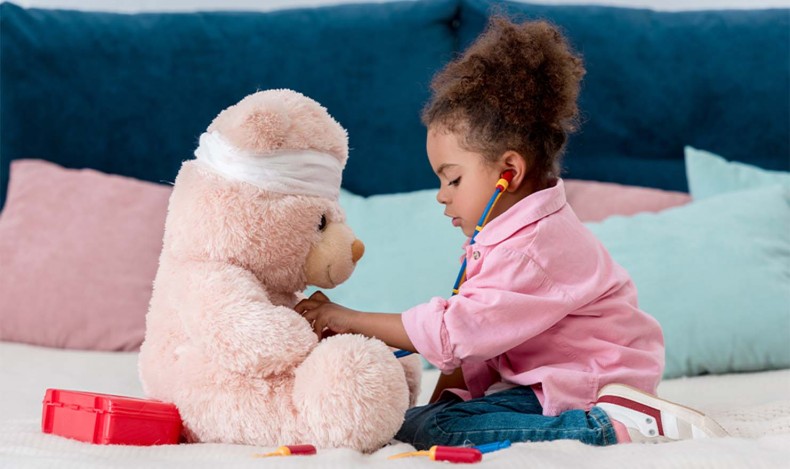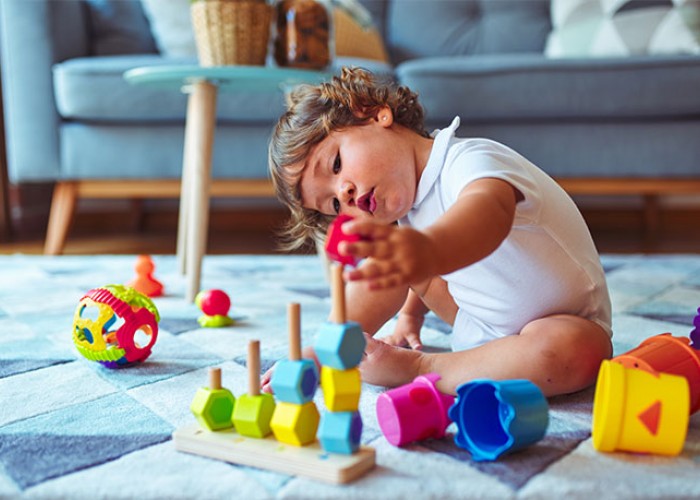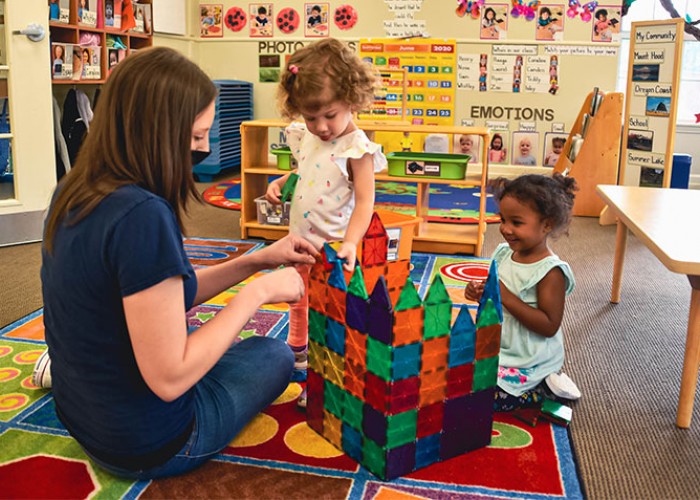The Power of Empathy
Activities help your child develop awareness, compassion
By Statepoint.netOne of the most important skills that kids can learn is empathy, the ability to understand how others are feeling and to feel compassionate toward them.
A valuable social skill that’s often the mark of a good leader, empathy aids in clear communication and helps people build positive connections with friends, family members, and co-workers. Studies have demonstrated that teaching children how to empathize helps them to have healthier relationships, reduce conflict with others and build confidence.
Although some people are more naturally empathetic than others, many studies have shown that people can increase their empathy through activities that build this skill. Here are ways you can teach your child empathy:
Read together
Read to your child when they are young and encourage them to keep up with the habit when they are older by stocking your shelves with books and by making regular visits to the library. Fiction books require a leap of imagination as readers put themselves in the shoes of characters, and a love of fiction can help build empathy, according to research. Award-winning children’s books that help build empathy include “Last Stop on Market Street,” “Each Kindness,” and “Hey, Little Ant.” After you read together, talk to your child about the stories and ask them what they think each character was thinking or feeling, and why. You can also do this after watching movies and television shows together, too.
Introduce interactive toys
Interactive toys can foster your child’s nurturing skills. There are many fun toys on the market that double as empathy-building tools, such as Hope the Healing Husky, a robotic dog that tells you how she’s feeling. She makes different sounds to show if she’s hungry, has a cold or fever, has a hurt leg, or feels itchy. Kids can check her temperature, give a healing shot, bandage her “ouchie” and put on her recovery collar to help her heal. For more information about Hope, visit vtechkids.com.
Play pretend
Whether playing house or playing superheroes, role play is not only a chance to build worlds and be creative, but also to consider the feelings of someone else and act them out. You can encourage your child to play pretend by suggesting the activity and letting them invent the game. Keep kids inspired with a fun costume trunk full of hats, wigs, mustaches, and other accessories.
Model it
Being empathetic with your child helps them become empathetic. Ask them questions about their day. What was a good thing that happened? What was hard? Listen actively. Giving hugs when your child is sad, high fives when they are glad, and being kind when your child has made a mistake are other positive ways to cultivate their own empathy.
-
Educational reads
-
Share this story:





